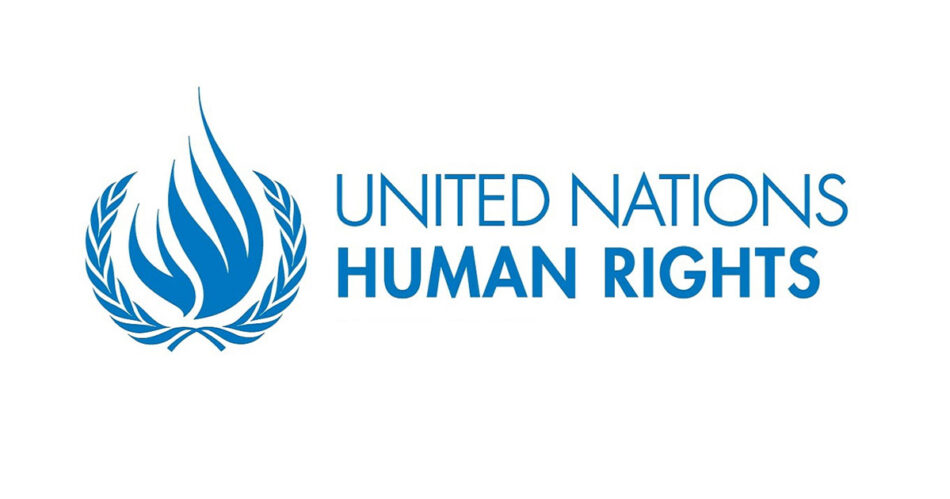One hundred and forty scholars, writers and public intellectuals from across the globe in an open letter to the United Nations Human Rights High Commissioner Volker Türk have requested immediate action against continuing violence, intimidation, and repression in Bangladesh.
“Please find a petition on behalf of more than 140 scholars, writers, and public intellectuals to request immediate action in the continuing violence, intimidation, and repression in Bangladesh by the Sheikh Hasina Government against students, teachers, journalists, exercising their right to protest,” said the letter, a copy of which was shared by Indian writer Amitav Ghosh on his social media platform X, formerly Twitter, on Friday.
The signatories include luminaries like Amitav Ghosh, renowned philosophers Étienne Balibar and Sandra Laugier, leaders in humanities and social sciences such as Didier Fassin, Diana Eck, and Ash Amin, and present and past presidents of learned societies including the American Sociological Association and British Academy.
It is also signed by scholars and those who have direct knowledge of Bangladesh such as David Ludden.
The fact that the petition has drawn support from universities around the world, speaks to the global concerns with preserving academic freedom, and democratic rights, the letter mentioned.
“Given the atmosphere of intimidation and repression, we urge you as the High Commissioner of Human Rights, to press for an independent inquiry into these grievous events that would fix responsibility for the lethal violence against protesters and the blockade on news and communication,” they said, adding that prime minister Sheikh Hasina has lost all moral and legal legitimacy in allowing these grave violations.
“Many academics and civil rights organisations have faced intimidation from the authorities in Bangladesh and fear for safety of the families if they join our efforts to seek immediate action on behalf of the victims,” the letter mentioned.
The signatories, who have conveyed their consent to put their signatures on the petition via email, urged the UN rights chief to take action, saying “it is a moment of urgent action.”
Due to the continuing blockade on news, there is very little information on the brutal violence that has been unleashed on students, teachers, journalists, and others.
“Still, from what we can gather from our colleagues in Bangladesh, we understand that the police have killed protestors in the hundreds and injured them in the thousands,” they said.
Draconian measures such as arbitrary arrests and detention without show cause notice, denial of the right to be represented by a lawyer, infliction of injuries, and torture on the arrested, call for immediate action to stop these blatant violations of human rights by the present government in Bangladesh, they alleged.
David Ludden, professor of history, New York University, Arvind Raghunathan, professor emeritus of South Asian Studies, Columbia University, Etienne Balibar, emeritus professor, University of Paris-Nanterre, Partha Chatterjee, professor emeritus of anthropology, Columbia University, Naomi Hossain, global research professor, Andrew Brandel, associate instructional professor, the University of Chicago, Piergiorgio Donatelli, professor and chair of philosophy, Sapienza University, Rome, Ashutosh Varshney, director, Saxena Centre for Contemporary South Asia, Faisal Devji, professor of Indian history, University of Oxford, Akeel Bilgrami, Sidney Morgenbesser Professor of Philosophy, Columbia University, Gyan Prakash, Dayton-Stockton Professor of History, Princeton University, Iftikhar Dadi, John H Burris Professor, Cornell University, Prasenjit Duara, Oscar Tang Professor of East Asian Studies, Duke University, Shruti Kapila, Professor of History and Politics, Cambridge University, Andrew W. Mellon Professor of the Humanities, Johns Hopkins University, Nazli Kibria, Professor and Interim Chair of Sociology, Boston University and Nayanika Mathur, Professor of Anthropology and South Asian Studies, University of Oxford, among others, signed the letter.
*Report from The New Age
July 28, 2024


